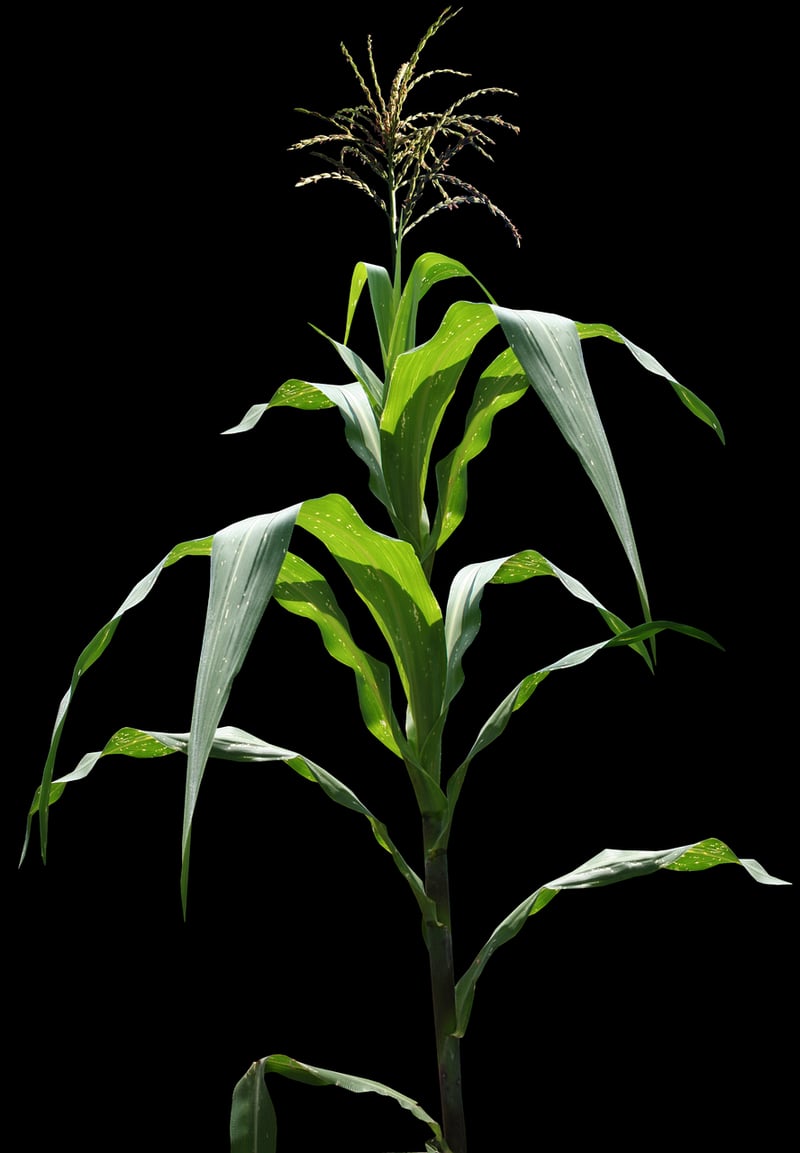Permaculture Principles
The Art of Urban Farming: Blending Permaculture Principles with City Living
As urban populations continue to rise, the need for sustainable food production in cities has become increasingly important. Urban farming, the practice of cultivating, processing, and distributing food in or around urban areas, offers a solution to this challenge. By integrating permaculture principles into urban farming practices, city dwellers can create thriving food systems that are not only productive but also environmentally friendly.
What is Permaculture?
Permaculture is a design system that mimics natural ecosystems to create sustainable and regenerative environments. By observing and learning from nature, permaculture principles emphasize working with, rather than against, natural processes. This approach aims to create harmonious and productive systems that benefit both people and the planet.
Benefits of Urban Farming
- Provides access to fresh, nutritious produce
- Reduces food miles and carbon footprint
- Creates green spaces in urban areas
- Promotes community engagement and social cohesion
- Increases food security and resilience
Permaculture Principles in Urban Farming
When applying permaculture principles to urban farming, several key concepts come into play:
- Observation: Understand the unique characteristics of your urban environment, such as microclimates, sun exposure, and soil quality.
- Stacking Functions: Maximize space by integrating plants and animals in a way that serves multiple purposes.
- Resource Recycling: Utilize organic waste for composting and recycling nutrients back into the system.
- Water Management: Implement rainwater harvesting and efficient irrigation techniques to conserve water.
- Biodiversity: Foster a diverse range of plants and beneficial insects to create a resilient ecosystem.
Getting Started with Urban Farming
Interested in starting your own urban farm? Here are a few steps to get you on the right track:
- Assess your space and resources.
- Research local regulations and zoning laws.
- Start small with easy-to-grow crops like herbs and salad greens.
- Connect with local urban farming communities for support and knowledge sharing.
- Experiment, observe, and adapt your farming practices over time.
By embracing permaculture principles and urban farming techniques, city dwellers can play a vital role in creating sustainable food systems that benefit both themselves and the planet.

Image source: Pixabay
